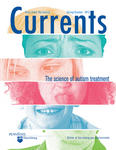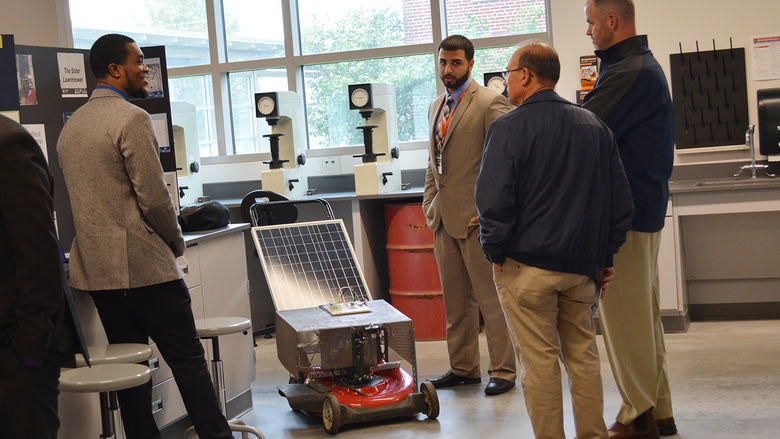In graduate school, Dr. Kimberly A. Schreck met a 14-year-old boy with autism who changed her life.
The boy didn’t just sleepwalk – he threw furniture out of second floor windows while sleeping. Schreck began wondering whether the boy’s sleep deprivation contributed to his aggression.
“Nobody had ever looked at that,” said Schreck, now professor of psychology and program chair of social sciences and psychology at Penn State Harrisburg.
Her graduate school advisor said, “You’ll spend your career working on this.” He was right.
Today Schreck runs a research lab and collaborates with researchers in the United States, Australia, and Canada to learn more about how sleep affects autism. Through the work of Schreck and others, it’s widely accepted that sleep problems are among a host of issues commonly associated with autism spectrum disorders.
She developed a sleep survey for parents of children with autism, those with other neurological issues, and normally developing kids.
Schreck’s research has found that the more severe a person’s sleep problems, the more profound his autism symptoms, including communication problems, social skills deficits, and increased repetitive behaviors. She found children with autism had more disrupted sleep than typical children, waking up during the night more frequently, often screaming the household awake in the process.
She also learned that children with autism have trouble settling in to sleep, sometimes taking hours to fall asleep. Many stop breathing while they sleep. They don’t get the quantity or quality of sleep their peers enjoy. Little sounds or night lights are more likely to wake them, and they often wake very early in the morning – think 2:00 or 3:00 a.m. – and never fall back asleep.
These days she’s examining whether sleep problems might predict issues with aggression, attention, anxiety, and depression. She’s also researching whether a lack of sleep makes it more difficult for children with autism to communicate, whether in little ways, like remembering the right word, or in larger context such as engaging in meaningful conversation.
Still, it’s early in the process. “We’re still at the beginning stages of what to do on many of the problems,” Schreck said. “We can’t conclusively say, ‘This is what we always need to do.’ ”
By studying sleep, Schreck says she is trying to find answers that will ultimately help children with autism while they are awake, finding ways to help them to learn faster during the day. Solving sleep problems can have huge benefits not just for the child’s behavior, but for the whole household.




